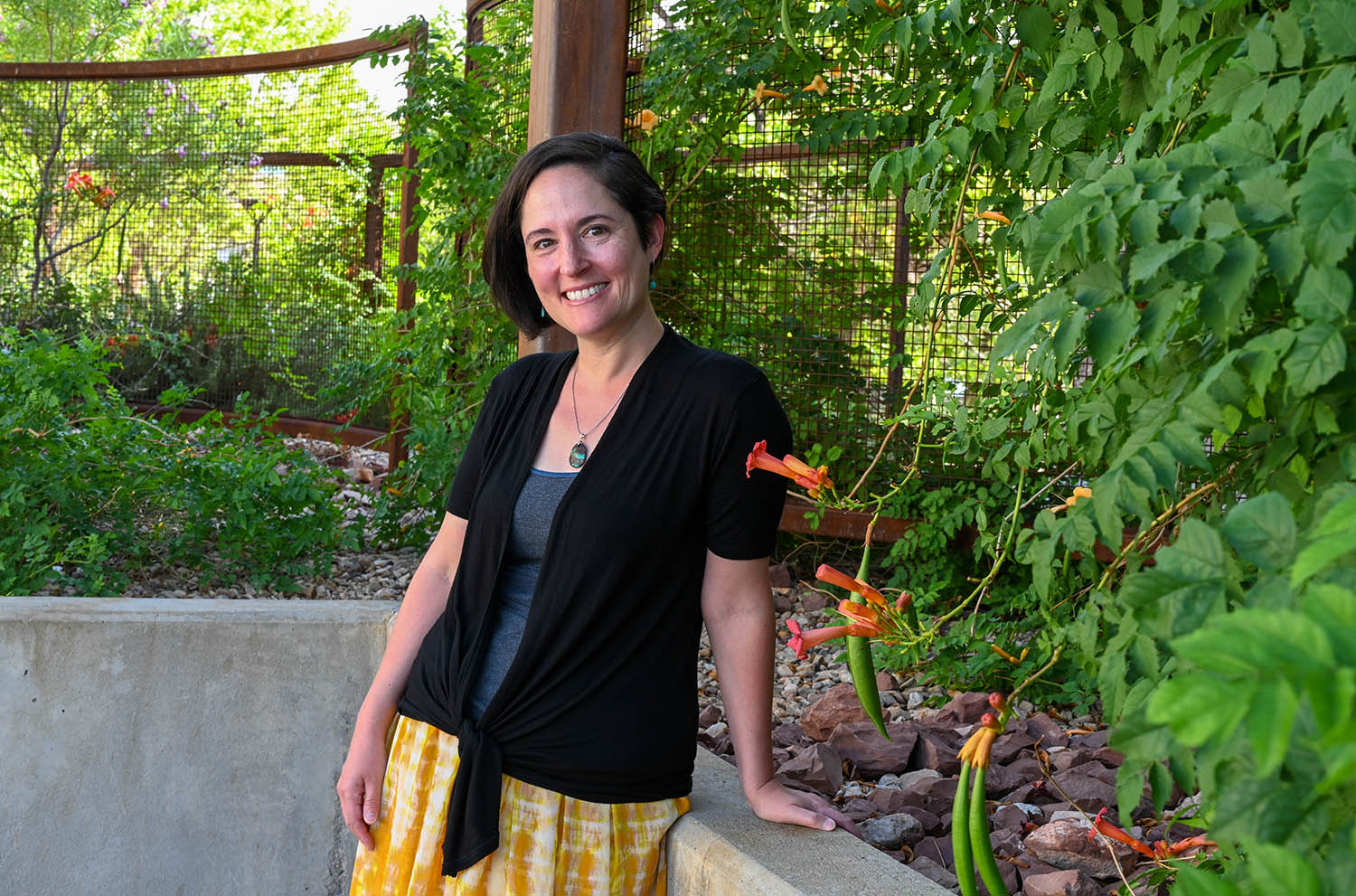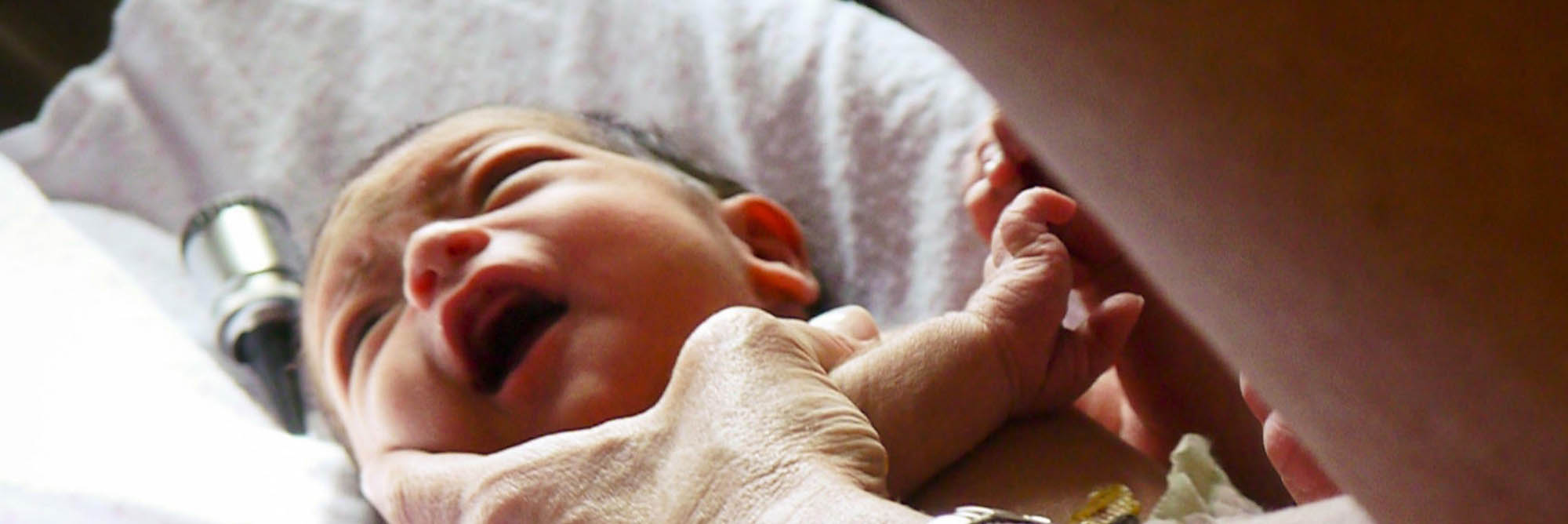Anam Nadeem is filling up her car with gas at 8:45 p.m. when she gets a phone call from The University of New Mexico Hospital: She is needed in Labor and Delivery.
Nadeem is not a doctor (although she is studying to become an MD), but participates in the UNM Volunteer Birth Companion Program.
Tonight, she has a family that needs her. Over the next eight hours, Nadeem will sit at the bedside of a mother-to-be, helping her to navigate the waves of intense contractions that accompany childbirth.
For Nadeem, volunteering to be a birth companion brings its own reward. “You’re there in support of the mom,” she says. “I think that's my favorite part – being there when a baby is coming into this world.”
It has been proven that providing continuous labor support during childbirth, including physical, emotional and informational support, has significant benefits, including shorter labors, a lessened need for pain medication, improved lactation outcomes and reduced risk of postpartum depression and anxiety.
Leading the program is Katie T. Kivlighan, PhD, MS, RN, CNM, assistant professor in the UNM College of Nursing, along with co-directors of the UNM Volunteer Birth Companion Program, Paula Reiss, CD (DONA) and alum Tamara Gardner, MSN, CNM, PMHNP.
A $200,000 grant from the W.K. Kellogg Foundation will support the Volunteer Birth Companion Program, a birth justice-focused initiative that aims to provide respectful, compassionate and non-judgmental care to birthing people who might not otherwise be able to access continuous birth support.
“I was stressed,” recalls program client Savannah Becenti, “and [our volunteer birth companion] just calmed me down and talked to me. She had me focus and did a lot of pain management.”
Becenti and her husband, David Morton, are grateful for the program and would highly recommend it to everyone.
“Just having a third party there to tell you that you can do this was wonderful,” Morton says. “I knew that [our volunteer birth companion] had been through this many times before and that was comforting.”
Kivlighan, along with Reiss and Gardner, will use the funding to help the program strategically plan for capacity building, program sustainability and improved collaboration with critical stakeholders, including clients, health care workers, hospital administration and community organizations. They will also develop evaluation tools to ensure they are meeting stakeholder needs.
As part of its focus, the UNM Volunteer Birth Companion Program is aiming to center BIPOC clients and make doula training accessible to a more diverse group of volunteers, in turn increasing the diversity of birth workers in Bernalillo County.

Continuous labor support is evidence-based, improves perinatal outcomes and contributes to a healthy start in life
“Continuous labor support is evidence-based, improves perinatal outcomes and contributes to a healthy start in life,” Kivlighan says. “Additionally, integrating birth workers with diverse backgrounds can overcome the negative impacts of systemic racism on perinatal outcomes.”
The W.K. Kellogg Foundation (WKKF), founded in 1930 as an independent, private foundation by breakfast cereal innovator and entrepreneur Will Keith Kellogg, is among the largest philanthropic foundations in the U.S. WKKF works with communities to create conditions for vulnerable children so they can realize their full potential in school, work and life. For more information, visit www.wkkf.org.
